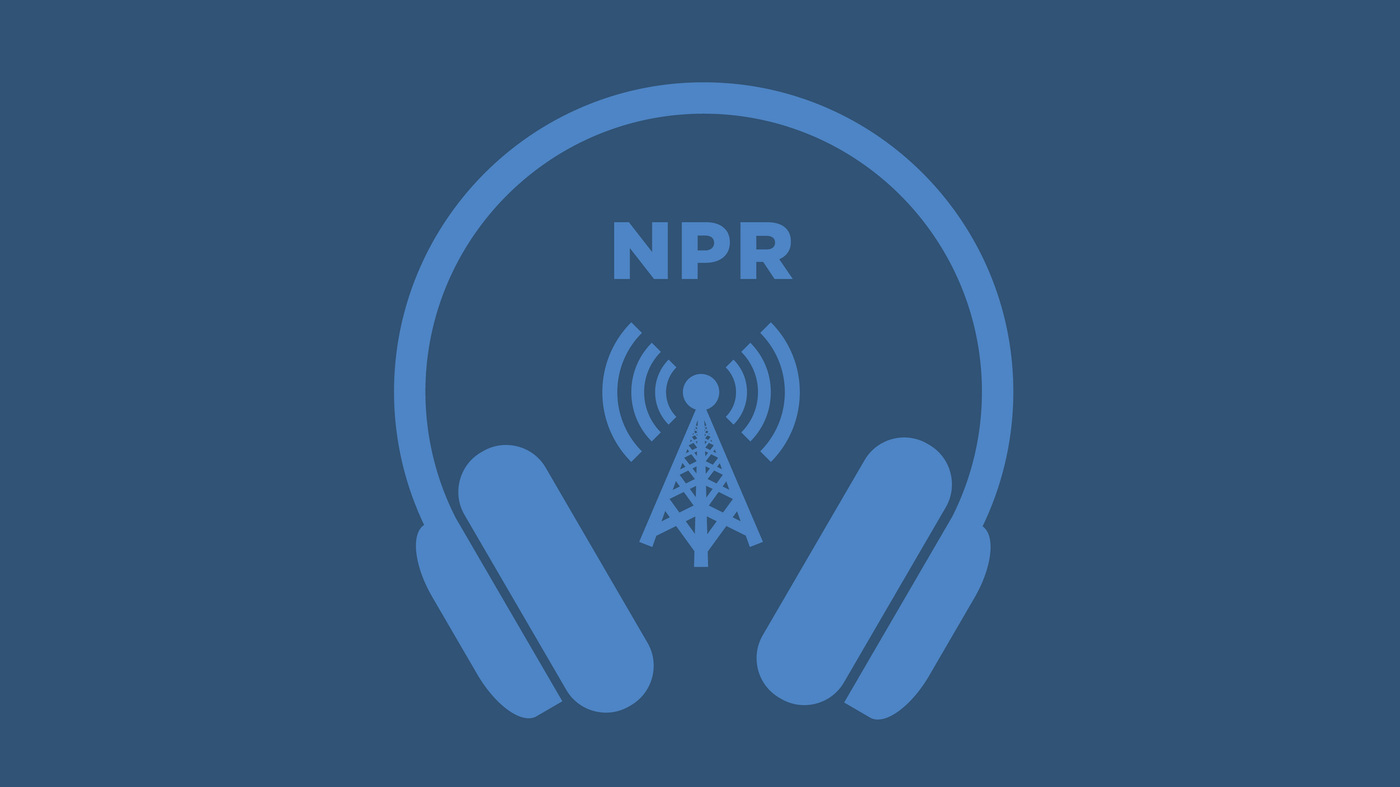Some parents vaccinated against COVID are hesitant to get their children vaccinated

A MARTINEZ, HOST:
New research out today suggests parents could take a more cautious approach when it comes to deciding if they’ll get their younger children vaccinated against COVID-19. This is in line with data the Kaiser Family Foundation released in September. So even though federal regulators are moving forward with deciding if kids 5 through 11 should get the shot, more parents aren’t necessarily moving in that direction. Liz Hamel, vice president and director of public opinion and survey research at Kaiser, explains why.
LIZ HAMEL: Three in 10 parents of younger kids say that they are ready to get their child vaccinated as soon as that vaccine becomes authorized for them. So there is a group that’s really eager. But we find about 1/3 of parents say that they just want to wait and see how it’s working for other people before they get their child vaccinated, and then about three in 10 who say they’re really not planning to get their child the vaccine.
MARTINEZ: So Liz, why do you think the needle hasn’t moved, so to speak?
HAMEL: Well, I think when it comes to younger kids, we have to keep in mind that this vaccine is still a hypothetical at this point. It is not yet available to them. The full approval hasn’t come through. And so we’re sort of at the stage now where we were with older kids before it was available to them or with adults before it was actually available, where parents are just waiting to see what’s going to happen.
MARTINEZ: Do you anticipate more buy-in from parents once the FDA and the CDC offer guidance?
HAMEL: What we expect to see is some parents that say they’re ready once that authorization comes through. They will go out and get it. But for the parents who are saying they want to wait and see, what we’ve found is that they want to see other people around them getting the vaccine, and they want to see how they react. So we saw that with adults and with teens over time, once people saw their friends and their family members getting the vaccine, that’s when we saw the size of that wait-and-see group start to shrink and more people going out and getting it. I would expect that a similar thing would happen with parents of younger kids as well.
MARTINEZ: What do you think is going on with the group that is a definite no?
HAMEL: Well, for adults, we’ve seen that people who say that they’re definitely not going to get the vaccine themselves – that has a lot to do with just not believing that COVID is a big risk to them. With children, we find parents are generally more cautious than they are when it comes to even getting the vaccine themselves. They’re more concerned about the potential long-term effects for their children. And so I think that’s also playing into that group that says they definitely don’t want to get the vaccine for their kids.
MARTINEZ: Does it seem as if the parents who were early adopters of the vaccine will have that same approach with their children?
HAMEL: Yes, we do find that parents who have gotten the vaccine themselves are much more likely to say they’ll go out and get it for their children. And you know, that has to do both with their own experience, but also just generally being ready to get the vaccine.
MARTINEZ: Now, the president’s chief medical adviser, Dr. Anthony Fauci, told us yesterday that the administration is still unsure about using COVID vaccine mandates for school kids.
(SOUNDBITE OF ARCHIVED NPR BROADCAST)
ANTHONY FAUCI: I am always very much in favor of having parents make a decision and to do things voluntarily. There is a history of mandating vaccines to allow children to go in school. He’d like to have a voluntary decision about that. But let’s just wait and see where it goes. We certainly want to get as many children vaccinated as we possibly can.
MARTINEZ: Liz, what did you find about parents’ feelings toward mandates?
HAMEL: So we found that parents are pretty split on the idea of mandating vaccines in schools. Fewer than half of parents say that they want their child’s school to mandate vaccines for eligible kids at this point. And among the general public, we also find that most types of mandates can be pretty divisive, particularly along partisan lines.
MARTINEZ: You know, Liz, over the past year, I’ve spoken to lots of parents about this. And I’m not talking about COVID conspiracy theory people. I’m talking about reasonable, common sense, science-trusting, vaccinated adults who, while they have no problems about trying something on their own bodies, when it comes to their kids, they just take this very long, hard breath. I mean, who or what do you think will be the biggest drivers to eventually get more parents on board?
HAMEL: I do think that it is going to take a longer time for parents to come around to the decision of getting this vaccine for their children than it has for adults to make the decision for themselves. And I do think it has to do with the biggest concern being the potential long-term effects. I think the way parents think about the potential long-term effects on a 5-year-old are different than the way a 40-year-old thinks about the long-term effects on themselves. And so I do expect that it might take a little bit longer for parents to come around and be comfortable with this.
That said, I think that pediatricians are going to play a huge role here. We know that pediatricians are, far and away, the most trusted source of information on vaccines for parents. And so I think over time, if parents are hearing recommendations from their pediatrician to get the vaccine, I think that that will make a difference for them getting their kids vaccinated.
MARTINEZ: That’s Liz Hamel, vice president and director of public opinion and survey research at the Kaiser Family Foundation. Liz, thank you.
HAMEL: Thank you.
Copyright © 2021 NPR. All rights reserved. Visit our website terms of use and permissions pages at www.npr.org for further information.
NPR transcripts are created on a rush deadline by Verb8tm, Inc., an NPR contractor, and produced using a proprietary transcription process developed with NPR. This text may not be in its final form and may be updated or revised in the future. Accuracy and availability may vary. The authoritative record of NPR’s programming is the audio record.


